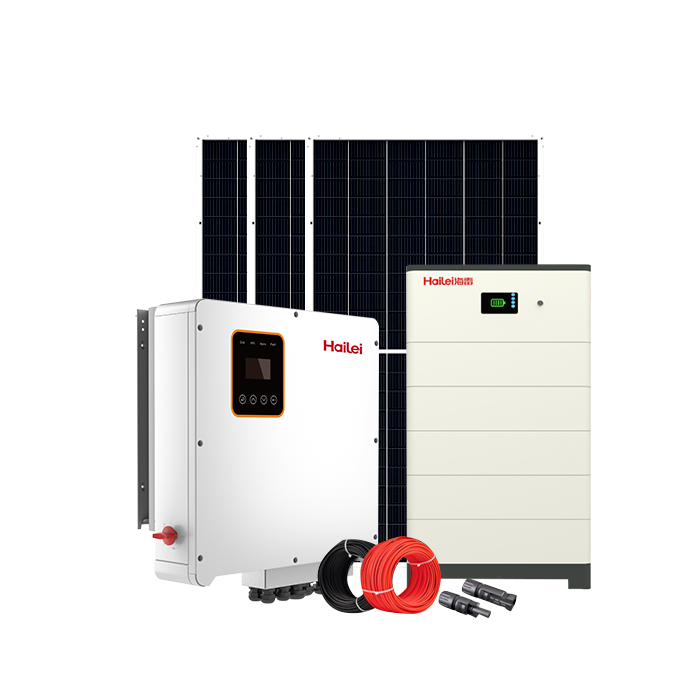Time:Dec 02, 2022 Views:661
positive electrode
From the perspective of battery weight composition, cathode materials account for a large proportion (generally 70%~80%), because the performance of cathode materials directly affects the performance of lithium ion batteries, and its cost also directly determines the cost of batteries. The cathode materials account for 30%~40% of the cost of lithium ion batteries, and also directly affect the energy density and performance of lithium battery packs.
negative pole
The negative electrode material is composed of materials with lower potential than the positive electrode, and has high specific capacity and good charge discharge reversibility, thus maintaining good dimensional and mechanical stability (without serious deformation) in the process of lithium insertion. The negative electrode material mainly affects the efficiency and cycle performance of lithium battery, and the performance of the negative electrode material also directly affects the performance of lithium battery. The negative electrode material accounts for about 10-20% of the total cost of lithium battery. As for the types of negative electrode materials, they include carbon negative electrode and non carbon negative electrode.

electrolyte
The electrolyte plays the role of charge transport between the positive pole and the negative pole (similar to the carrier wave in radio), and has a high ionic conductivity, which should generally reach 1x10-3~2x10-2 S/cm. It affects the energy density, wide temperature application, cycle life, power density, safety performance and other factors of the lithium battery pack.
the diaphragm
The diaphragm has a certain aperture and porosity to ensure low resistance and high ionic conductivity. It has good permeability to lithium ions, good wettability to electrolyte and sufficient ability to absorb and moisturize water. It maintains ionic conductivity, and has electronic insulation to ensure mechanical isolation of positive and negative electrodes. In addition, it should have sufficient mechanical properties such as puncture strength, tensile strength, resistance to electrolyte corrosion and sufficient electrochemical stability. The power battery has higher requirements for the diaphragm, and usually uses a composite membrane.

X

Appointment Experience